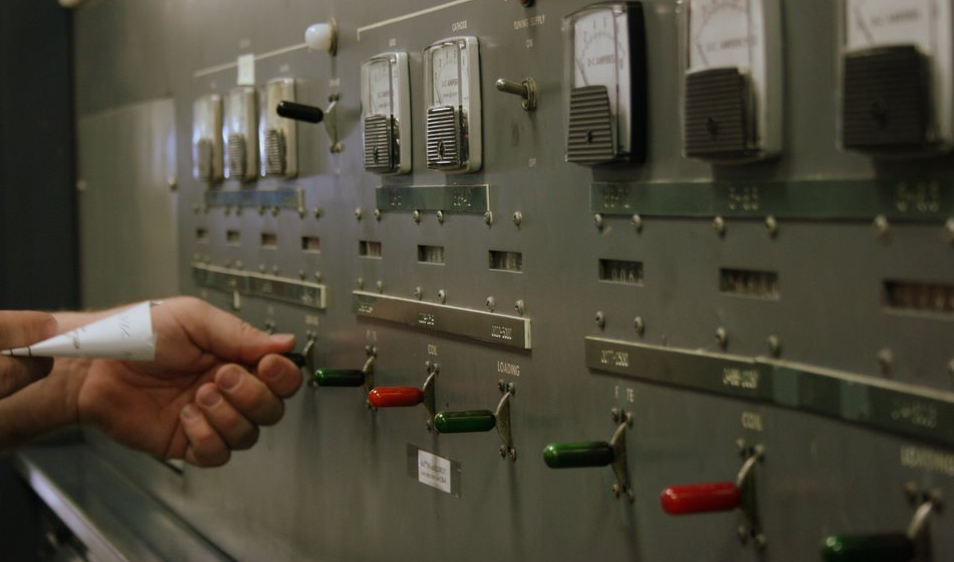Voice of Korea, English: July 6, 2014
/Many thanks to SRAA contributor, London Shortwave, for this recording of the Voice of Korea's English language service.from July 6, 2014 starting at 21:00 UTC on 13,760 kHz.
Note that this recording was made in London, England in the presence of strong RFI (radio frequency interference). The contributor used his complex RFI-defeating system (which includes phased magnetic loop antennas and digital noise reduction) in order to cancel much of the noise. The end result is much easier to hear, but sounds more "digital" than the typical recording posted here on the SRAA. London Shortwave proves, though, that you don't have to give up SWLing if you live in a high-density urban neighborhood.
























